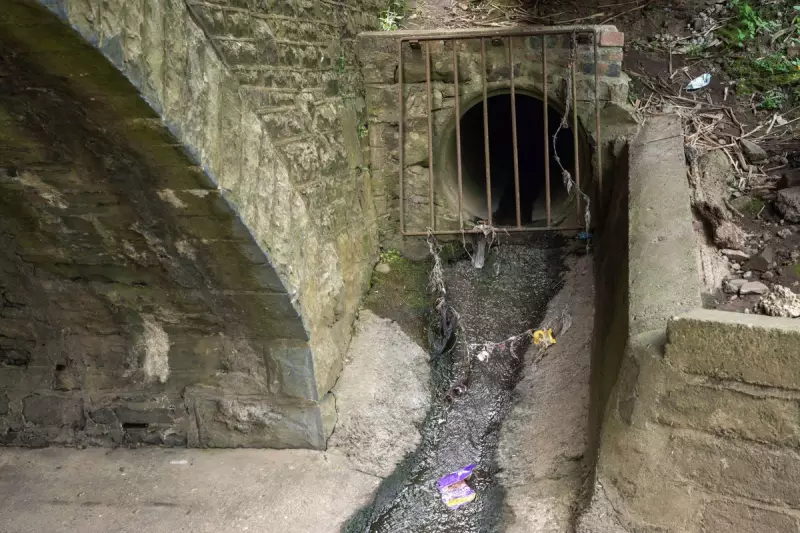
Britain's water industry is facing its most severe crisis in decades as major suppliers teeter on the brink of financial collapse while planning unprecedented bill increases for millions of households.
An exclusive investigation has uncovered that Thames Water, serving 16 million customers across London and the South East, is grappling with a staggering £15.6 billion debt burden that threatens its very survival. The situation has become so dire that government officials are actively preparing for potential temporary nationalisation.
The Domino Effect: Other Suppliers in Peril
Thames Water isn't alone in its financial distress. Severn Trent, Southern Water, and Wessex Water have all been placed on the 'watchlist' by industry regulator Ofwat, indicating serious concerns about their financial stability and operational capabilities.
According to confidential documents seen by investigators, these companies are planning to implement bill increases ranging from 24% to a shocking 91% over the next five years. Such dramatic rises would place immense pressure on households already struggling with the cost of living crisis.
Regulatory Crackdown and Public Outrage
Ofwat has taken the unprecedented step of rejecting business plans from multiple water companies, demanding they return to the drawing board with more realistic proposals. The regulator's tough stance reflects growing public anger over years of underinvestment while companies paid out billions in dividends.
"The water industry is at a breaking point," said a senior industry insider who spoke on condition of anonymity. "Years of financial engineering have left these essential service providers vulnerable to collapse, and customers are facing the consequences."
The Path Forward: Nationalisation or Reform?
With the general election approaching, water industry reform has become a key political battleground. Labour has pledged to put failing water companies under 'special measures', while the current government maintains that temporary state control remains a last resort.
The crisis raises fundamental questions about the future of water privatisation in Britain, with campaigners arguing that the current model has failed both customers and the environment.
As millions face the prospect of soaring bills and service disruptions, the coming months will determine whether Britain's water suppliers can navigate their financial turmoil or whether radical government intervention becomes inevitable.





